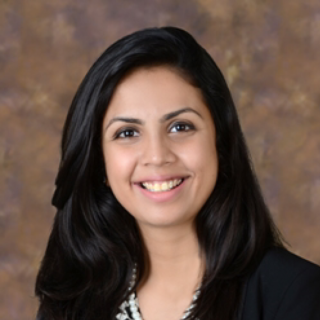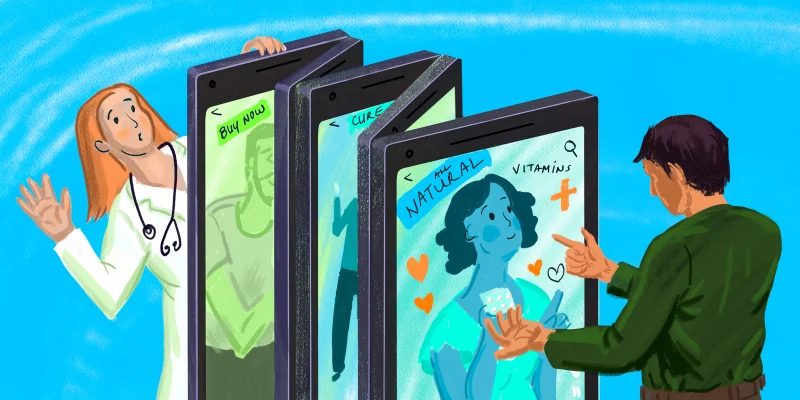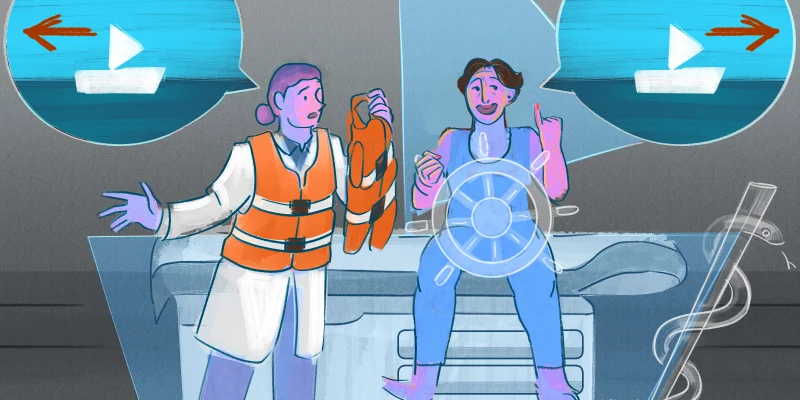
It's 3 a.m. I have been up for 20 hours now in the hospital. I feel exhausted. There is still much work that needs to be done before shifts change. The fellow on call is also up and about and involved in patient care. My brain and back are exploding and asking for a 30-minute nap before I can proceed with the remaining few hours. I am juggling thoughts, wondering if I should ask to be excused to lie down for a few minutes. How would that make me look, though? Imperfect? Weak? The ACGME has allowed trainees to work for 24 hours and deemed them capable of doing so. Someone superior to me in hierarchy has also been up the same amount of time and is doing fine at this same moment. I am hence finding it extremely hard to admit that I am an outlier today and extremely tired. So, I decide to push myself and stay awake.
Later this same morning one of our patients passes away. I must admit I am feeling sad, though death is an inevitable fact of life. No advancement in medicine has conjured a potion yet to make it stop. Hence, it often glares us in the face, and as physicians we often try hard to control its occurrence. There is no doubt that we face a sense of failure.
I sit down for a moment of brief silence and observe how the people around me react to this death. I can see the emotional impact on the faces of the physicians who were directly taking care of this child. We put on a calm face, communicate the news to the family and help them with the coping process. We then finish all the required paperwork and go ahead with our day to take care of other patients. There is no margin for bereavement. We never express how it made us feel, we never ask each other if we need a break to process this. We are all scared to admit that we are fragile and may have personally attached ourselves to this patient.
It’s the end of a very long and tiring day now, and I am asking myself a question. Why do I as a physician feel so obliged not to express my feelings? Why do I feel the pressure that, if I do, it will make someone think lesser of what I am capable of? Are we all sucked into the culture of perfectionism in medicine? And, practically, does it make me less capable if I recognize that I am sad, or I am tired, rather than pushing myself to be a human incapable of these emotions?
To give myself the answer, I envision myself on the opposite side, seeing a fellow physician crying or taking a break when there are endless piles of work— and my subconscious starts smirking at them. I see myself giving them a mental speech, “You are a doctor; you need to be strong, objective, level headed, astute, and pretty much perfect. There is no space to digress into your emotions as this may effect patient care.” I feel so surprised at myself. This is what has been engrained in me as a medical professional. This is part of me. I can’t even tell you how many times I may have unconsciously thought someone was incompetent because they didn’t live up to this perfect image. How many times have I judged someone because they have made a mistake.
Today, after many days, when I have finally burst my self-proclaimed bubble of perfection and checked on my feelings, I have come to a conclusion. A culture is hard to change. Perfectionism will always be a part of medicine. Somehow, that’s how lives are saved. For good patient care, we do need all the qualities that my mental self had highlighted above. But we also need healthy emotional being. Hence, although it is scary, we need to tell ourselves that it is okay to take a moment and check on our emotional health. As physicians, self-awareness and self-forgiveness is the most important key to promote good mental health. We need to be cognizant of our own feelings and process them, without fear of being judged. We owe ourselves a tear if we feel sad. It won’t make us less perfect, just more human.

Saba Fatima, MD, originally hails from Karachi, Pakistan and is currently training as a pediatrics resident in Philly. She has a passion for children and writing, and she hopes for a world where no child has to die because they can’t afford to live. She is a 2018 Doximity Scholar. She tweets @SabaFatimaAli and blogs at https://sabafatimaali.wordpress.com/.







